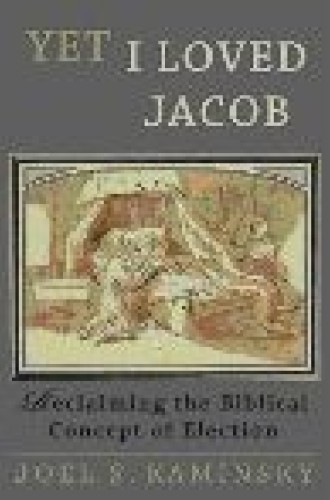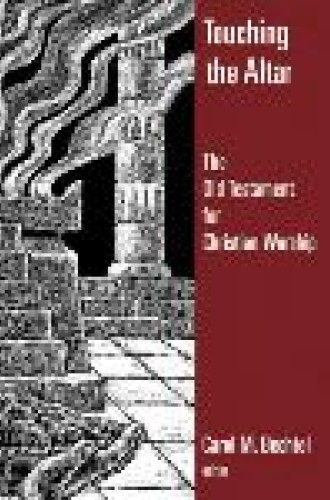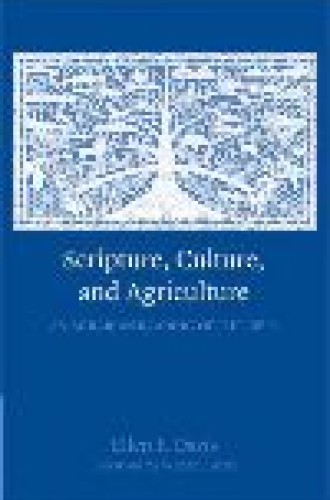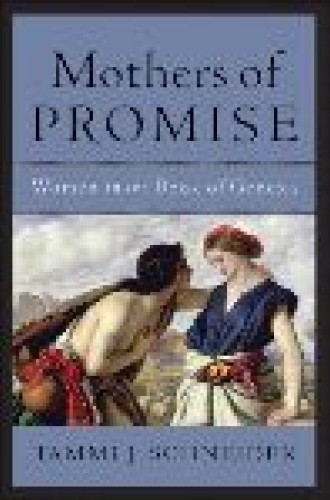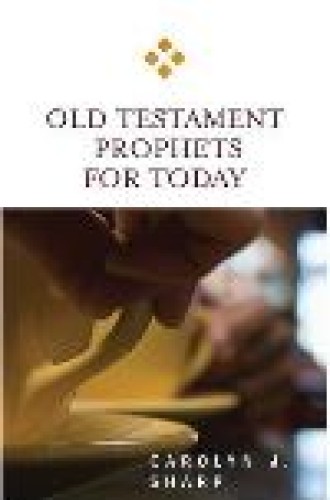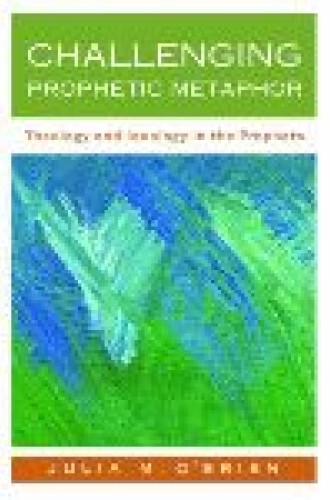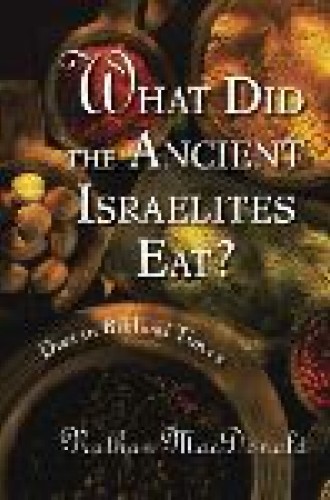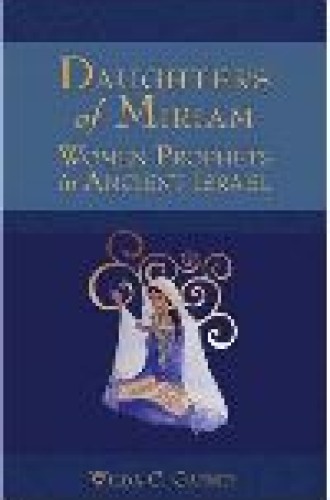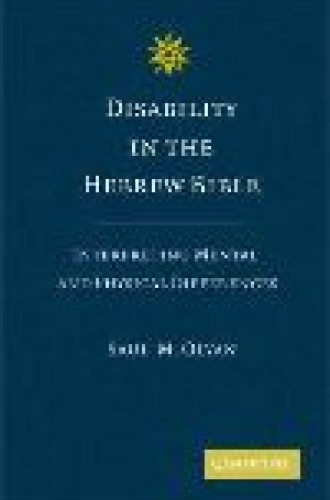Take and read
The biblical theme of divine election, according to Kaminsky, is a seminal idea basic to Judaism and Christianity without which neither tradition can flourish. Christians celebrate election as evidence of divine inscrutability, while Jews supplement it midrashically. Arguing that both sets of understandings are harmful in rigid form, Kaminsky asks both Jews and Christians to rethink election in theological terms suitable for today.
This book begins from the refreshing assumption that the Old Testament is essential to Christian worship. The seven engagingly readable essays—predominantly by Old Testament scholars from a variety of Christian denominations—explore divine presence and human response in various themes and texts, and each writer offers hymn suggestions. A terrific resource for pastors, students and laypeople.
Davis writes eloquently about biblical texts on agriculture, looking for insight into “the material sources of life.” To disregard the environment, food production and treatment of animals in scripture is to miss reflection on essential aspects of life in the presence of God.
The women in Genesis are not minor characters who merely add color and verisimilitude to the stories of the patriarchs. They are powerful agents in complex situations, and in their roles as mothers they determine who receives promises. Schneider writes engagingly for general readers.
Sharp overcomes the intimidating density of the prophetic books by selecting metaphors with special significance for the present. As truth tellers, the prophets teach us about both God and ourselves. Thoughtful writing and discussion questions make the book a fine tool for personal and group study.
O’Brien examines problematic metaphors for both God and humans in the prophetic literature. She asks readers neither to abandon the metaphors nor to embrace them uncritically. She hopes instead to let the metaphors interrogate our assumptions about violence, gender roles and warfare. The approach is invitational rather than heavy-handed, but probably more suited for readers with some theological education than for beginners.
Brueggemann enters the present hot debate over divine violence by studying one of the bloodiest chapters of one of the bloodiest books in the Bible, Joshua 11. He offers a sophisticated literary reading and a subtle sociological argument to show that God employs violence on behalf of the dominated. The book is a primer in open-ended theological interpretation for pastors, students and anyone who would like to join the fray.
MacDonald examines values expressed in the production, consumption and sharing of food in the Old Testament. The book would be an excellent catalyst for discussion of contemporary ethical concerns about food, such as its radically uneven availability, food safety and cost, and ecological problems of production and distribution.
The very existence of this accessible scholarly study of women prophets corrects the long-held notion that prophecy is a male-only biblical role. Gafney communicates clearly the news that female prophets are to be found in ancient Near Eastern texts, in the Pentateuch, in the Deutronomistic history, in the prophetic books and in later Jewish and Christian texts.
This anthropological study of Old Testament texts about physical and mental difference is expensive but yields pastoral benefits. Olyan increases awareness about disability and its stigmatization and shows that disability as defect is a social construction that changes within the Bible and from culture to culture.


